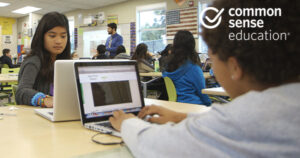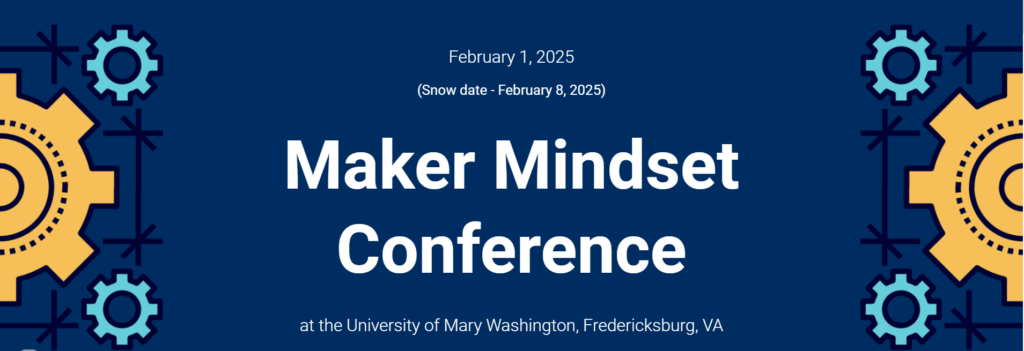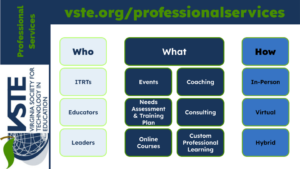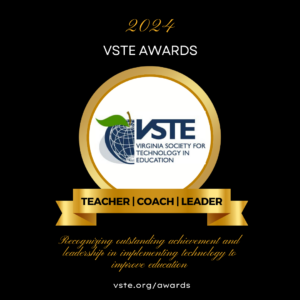 "Common Sense is the leading nonprofit organization dedicated to helping all kids thrive in a world of media and technology. They support pre-K–12 schools with lesson plans, edtech reviews, family resources, and everything else students need to thrive in a connected world." Below is a custom set of resources pulled from this month's newest updates! Check them out via the links and explore even more at www.commonsense.org/education. VSTE is proud to partner with Common Sense Education.
"Common Sense is the leading nonprofit organization dedicated to helping all kids thrive in a world of media and technology. They support pre-K–12 schools with lesson plans, edtech reviews, family resources, and everything else students need to thrive in a connected world." Below is a custom set of resources pulled from this month's newest updates! Check them out via the links and explore even more at www.commonsense.org/education. VSTE is proud to partner with Common Sense Education.
For Teachers:
- Help Students Fact-Check the Web Like the Pros
- Media Literacy Games, Tools, and Lessons
- 5 Easy Ways to Integrate Digital Citizenship Every Day
- Professional Development Opportunities!
For Parents & Caregivers:
- Parents' Ultimate Guide to Generative AI (en espanol)
- Movies and TV Shows About Artificial Intelligence
All Resources via Common Sense Education






